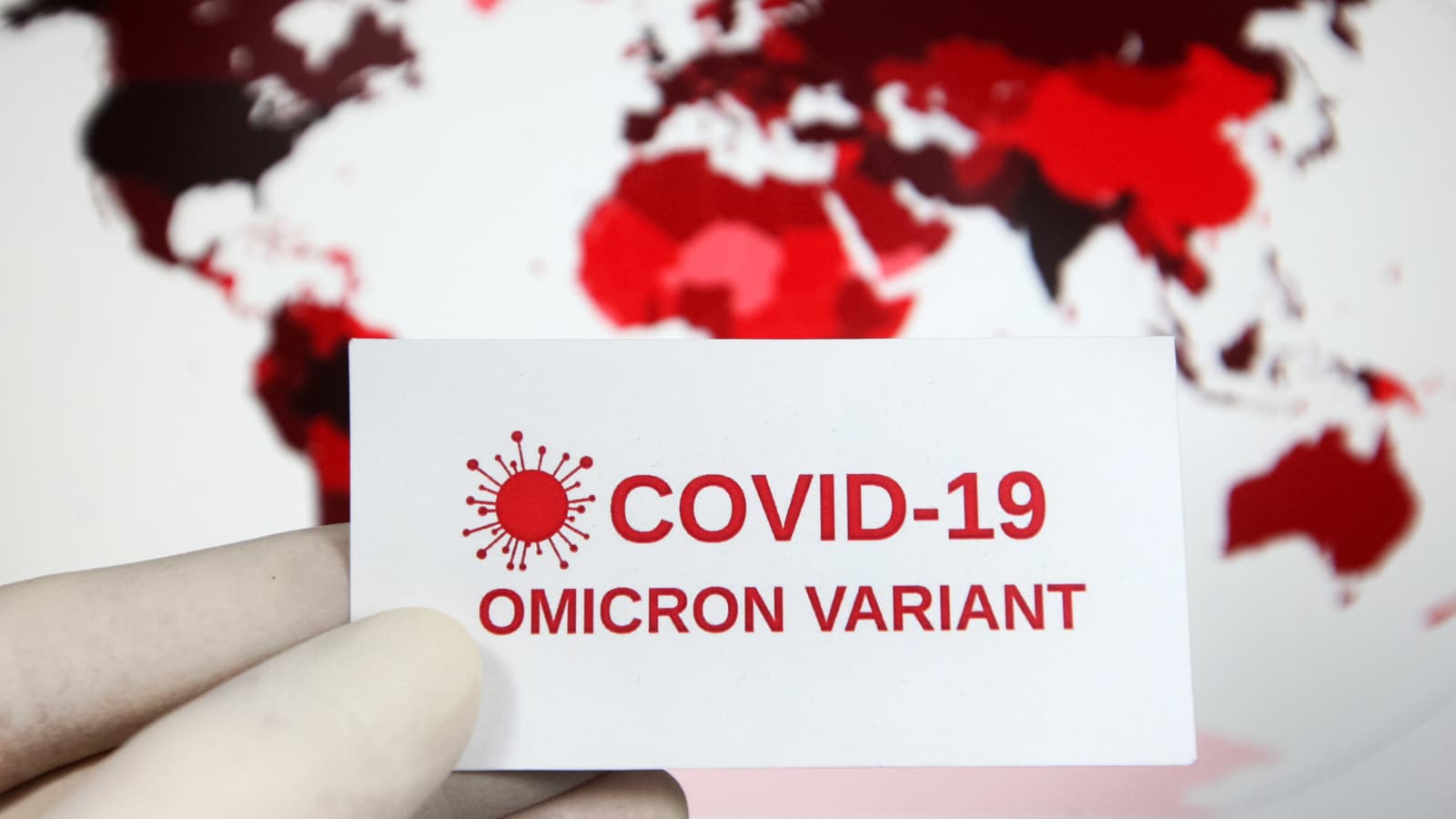

The SARS-CoV-2 continues to mutate and evolve. As a result, we have seen many variants of coronavirus throughout the COVID-19 pandemic. While some variants had less to no impact, others like Delta shattered the world. As the world was slowly recovering from the aftermath of the deadly Delta variant, a new variant emerged in November 2021 and was named Omicron by the WHO. It is seen as a variant of concern by the WHO, however, they are still in the process of finding out the severity of the variant and how much damage it can cause to human lives. Let’s read more about the new variant and how to stay safe.
What Do We Know About Omicron?
Spread
In comparison to the original SARS-CoV-2 virus, Omicron is likely to spread more easily. It is expected that even vaccinated individuals or those with no symptoms can become carriers of the Omicron virus, spreading it to others.
The World Health Organisation classified Omicron as a variant of concern in November, and the number of positive cases is rapidly increasing across the globe. Vaccines are the best defense against the virus.
Illness
There’s not a lot of data to know if Omicron is an infection, reinfection, or a breakthrough infection in fully vaccinated individuals that can cause severe illness or death.
Vaccine
A vaccine is still believed to protect the infected against severe illness, death, or hospitalization. The same is the case of Omicron. However, breakthrough infections are expected in people who are already vaccinated. As of now, there’s no vaccine that claims to provide 100 percent protection from the Omicron variant.
How to Fight Omicron Variant?
Mask
Wearing a mask in public areas regardless of vaccination status is a must. Make sure the mask is worn properly so that there are no chances of catching the infection.
Social Distancing
Practicing social distancing is important, irrespective of whether you are in an indoor or outdoor setting. Stay away from crowded places, if possible.
Testing
COVID-19 test tells if you are currently infected by the virus. RTPCR and antigen tests can detect an infection. If you want to determine if the infection was caused by Omicron, there is an additional test that needs to be performed, which is presently done only in specialized government labs. On noticing symptoms of COVID-19, it is advised to get yourself tested so that there is less chance of spreading the virus.
Vaccine
A vaccine is still the best protection against COVID-19 as it prevents hospitalization, severe illness and death. With the Omicron variant, researchers are recommending that everyone above 18 years should get a booster shot to increase their immunity against the virus. The government has recently approved booster doses for those who have had 2 doses of vaccination and also in special groups of people
Antibodies Therapy
Monoclonal antibody therapy is less effective against Omicron. There are two monoclonal antibodies commonly available, but these are not effective against the variant. These two antibody therapies played an important role in treating unvaccinated people or those at high risk in the early stages of COVID-19.
Sotrovimab appears to be the only monoclonal antibody treatment that is effective against Omicron. It is, however, not widely available and is costly.
Last Few Words
Considering the current scenario, it is necessary to follow safety protocols such as wearing a mask, washing hands frequently, maintaining social distancing, and getting vaccinated to stay safe. When it comes to vaccines, HMD has made a big contribution to India’s COVID-19 vaccination drive. It is the largest manufacturer of Auto-disable (AD) syringes that are used in COVID-19 vaccination. If you have not got vaccinated yet, get your dose now. For those who are eligible for a booster, there should be no delay in getting your jab, an extra preventive measure against Omicron and other COVID-19 variants.

Add Comment